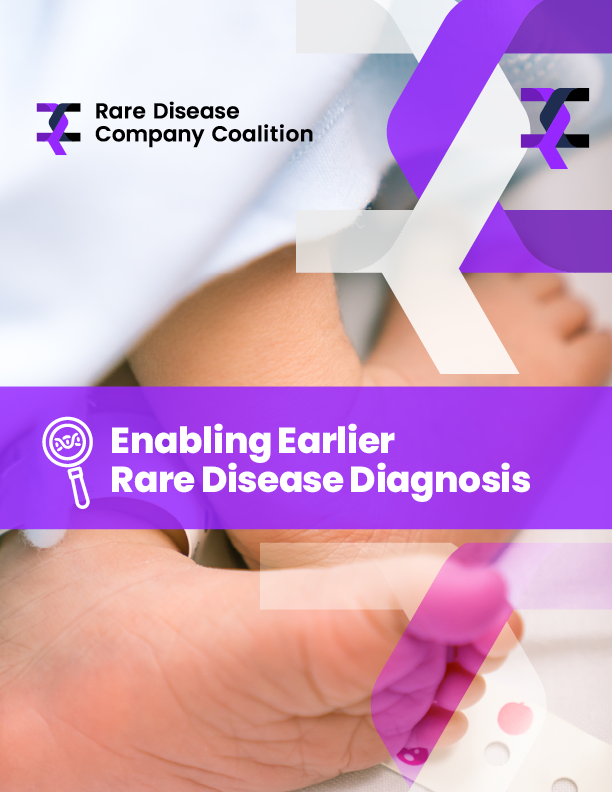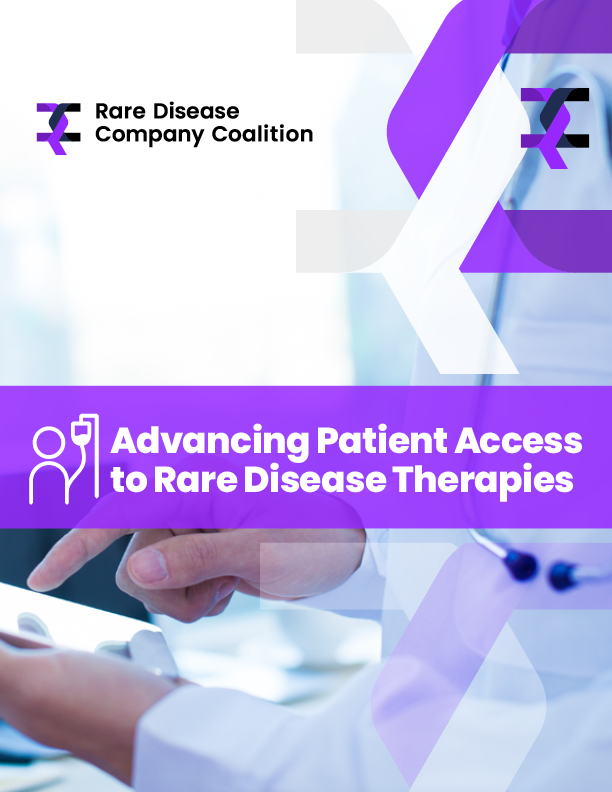The Rare Disease Company Coalition (RDCC), with support from IQVIA, investigated the history and impact of the rare pediatric disease priority review voucher (PRV) program. The findings clearly demonstrate that this program is a proven incentive that has spurred the development of new innovations that benefit more than 200,000 patients across 47 rare pediatric indications. But while there remains an urgent unmet medical need for new treatments for rare pediatric diseases, the future of this vital tool is uncertain.
Without Congressional action, the program will begin to expire on September 30, 2024. Expiration of the rare pediatric disease PRV program would result in reduced incentives for the discovery of new treatments, jeopardize programs already under development, and destabilize investment in new treatments. Preservation is necessary to further investment in and development of new rare disease treatments.
The RDCC applauds Congress for the significant progress in improving the lives of children with rare disease through the creation and subsequent reauthorization of the Rare Pediatric Disease PRV program in 2012, 2016 and 2020, respectively. A long-term extension of the PRV program will support the stability of research & development and ultimately lead to new treatment advances for rare pediatric diseases.
The Rare Disease Company Coalition (RDCC) has issued a new resource outlining a set of policy recommendations that would change the nature of rare disease diagnosis in the United Sates. The recommendations find basis in the fact that the earlier patients receive an accurate diagnosis, the better their chances are of accessing effective therapies.
In issuing this new resource, the RDCC calls on policymakers and regulators to better implement existing technology and proven public health programs to ensure the healthcare system keeps pace with innovation. In modernizing the system, these policy solutions will not only ensure patients can access new therapies when needed most, but also promote the more rapid adoption of new discoveries.
The new resource also includes details on how government entities can evolve to better support early diagnosis through improved collaboration and communication. Increasing coordination and streamlining practices throughout the entire healthcare ecosystem will better equip providers and specialists to make accurate diagnosis and care for rare disease patients.
The Rare Disease Company coalition (RDCC) is pleased to share this new resource for federal and state policymakers and regulators to help inform legislative actions that can bolster patient access to life-changing, FDA-approved rare disease therapies.
Today, over 95% of rare diseases lack an FDA-approved treatment, and while the FDA continues to add to the number approved therapies, treatments are only as valuable as they are accessible.
Once a rare disease treatment is approved by the FDA, patients seeking to benefit from the approved therapy are often faced with challenges to access due to complex interstate credentialing, limited coverage, delays in review, inaccurate value frameworks, and insufficient medical necessity determinations.
In this new resource, the RDCC outlines six areas for improvement with specific policy solutions that will improve outcomes for the rare disease community.

